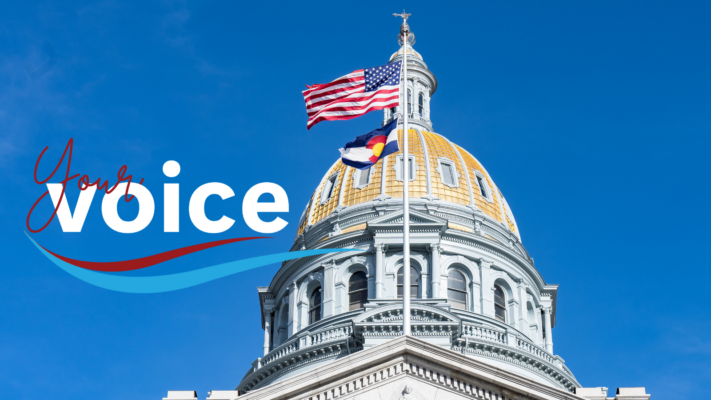Advocating for our members and promoting the construction industry to legislators and policymakers is an important priority for Rocky Mountain MCA. We work with elected officials and government agencies at the state and local levels to encourage investment in building infrastructure and the development of sound policies that will lead to job creation and a thriving economy. We will continue to track, analyze and lobby bills with impact to the mechanical, plumbing and HVACR industry and keep members apprised of the issues and bills affecting their business.
As part of our efforts, Rocky Mountain MCA commissions and distributes an annual Colorado Capital Construction Report. This report serves to outline the economic impact of the construction industry in Colorado and educate policymakers about the importance of investment in capital construction and controlled maintenance.

In the latest update from MCAA, we are tracking the following key issues for members across the nation:
Project Labor Agreements, prevailing wages, and registered apprenticeships
Decarbonization
Tariffs and supply chains
Please click below for the most recent MCAA government affairs update
The Colorado legislature ended their 2025 legislative session. Throughout the session RMMCA was tracking bills that may have an effect on our industry.
Please see below for the final RMMCA bill tracker.
The city of Denver has been working to find the best path forward for energize Denver. Including conversations with RMMCA members and others within the labor and business community.
Click below to read about the most recent changes.
This spring the Mayor of Denver annouced a Denver Permitting Office with the hopes of streamlining the process and making permitting and development quicker.
Click below to read more about it.
Questions or comments regarding the advocacy positions please send to [email protected]